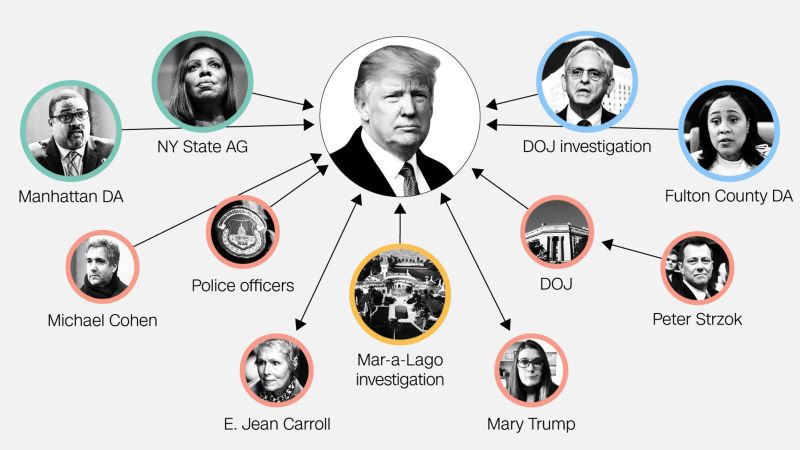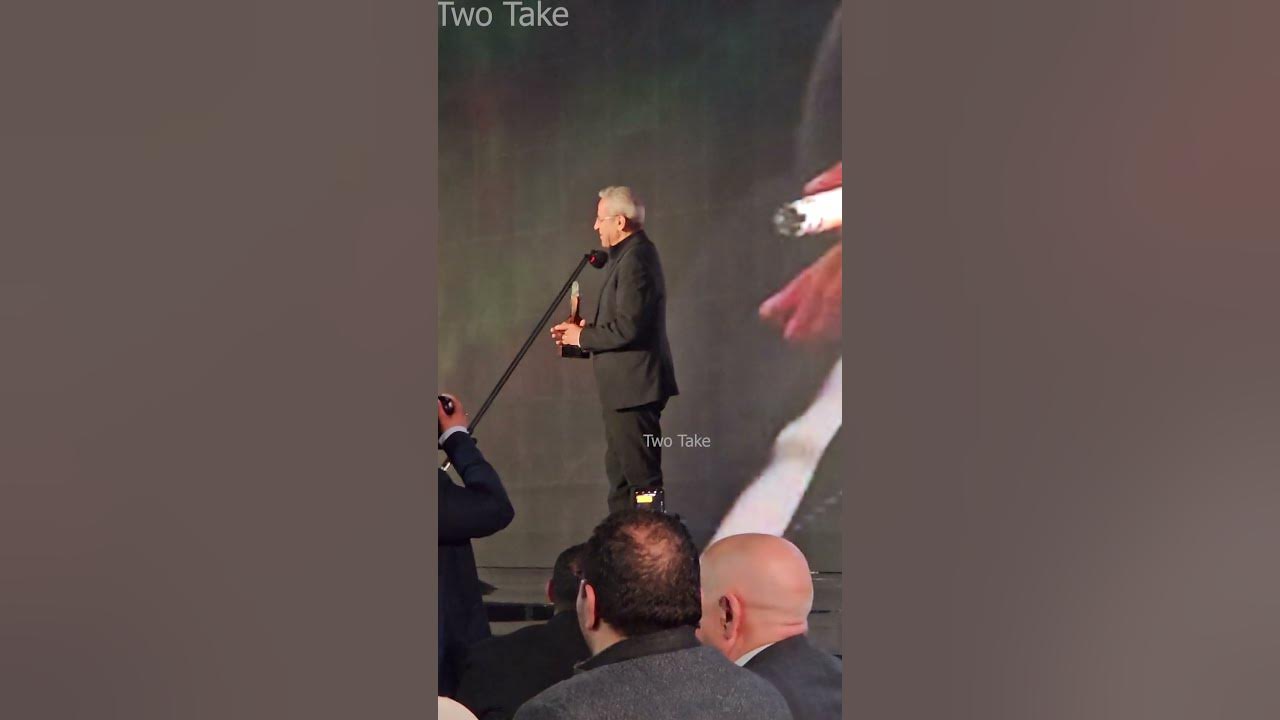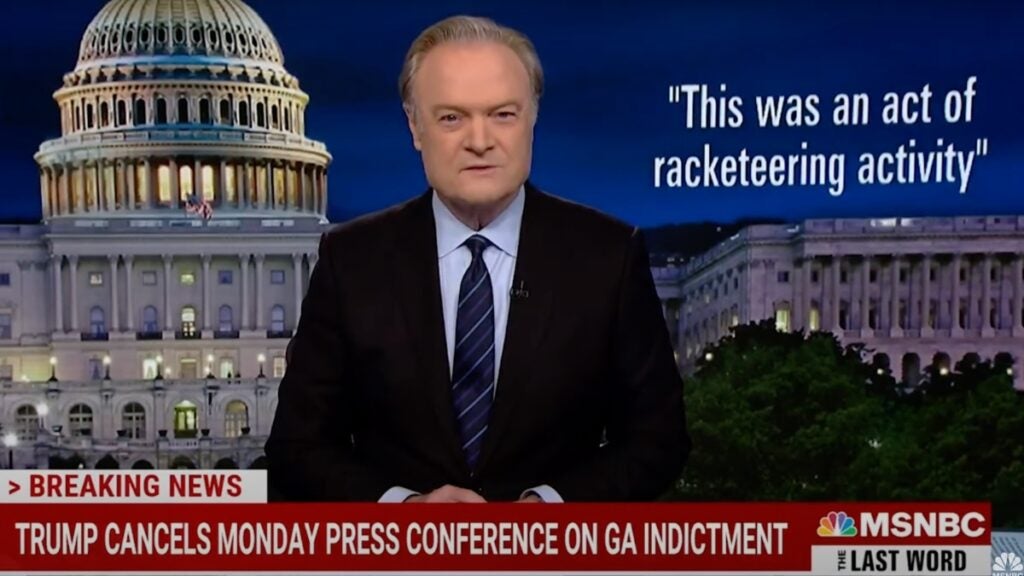Donald Trump's Scandals: Did Allegations Of Sexual Misconduct Impact His Election?

Table of Contents
The Allegations: A Timeline and Overview
Numerous women came forward during the 2016 presidential campaign to accuse Donald Trump of sexual misconduct, ranging from unwanted touching and kissing to allegations of sexual assault. These accusations, reported across a wide spectrum of media outlets including The New York Times, The Washington Post, and CNN, spanned several decades and involved various accusers.
- Key Allegations: The accusations varied widely in specifics, but several common threads emerged. Many accusers described unwanted physical advances, including groping and kissing without consent. Some accounts detailed more serious allegations of sexual assault. The sheer number of accusers, and the range of their claims, contributed significantly to the controversy.
- Accusers' Identities: While some accusers chose to remain anonymous, others, such as Jessica Leeds and Rachel Crooks, came forward publicly, sharing their experiences with the media. Their accounts were often detailed and corroborated in some instances by others.
- Timing of Allegations: Critically, many of these allegations emerged in the final weeks of the campaign, significantly impacting the news cycle and the public's perception of the candidate. The timing amplified the political fallout.
- Trump's Response: Trump consistently denied all allegations, often dismissing them as fabricated or politically motivated attacks. His responses, frequently delivered through aggressive rhetoric and accusations against his accusers, became another significant aspect of the controversy.
Media Coverage and Public Reaction
The media's coverage of the sexual misconduct allegations varied widely depending on the news outlet's political leaning. Right-leaning media outlets often downplayed the allegations or focused on discrediting the accusers. Conversely, left-leaning media provided extensive coverage, giving significant weight to the accusers' testimonies.
- Media Bias: The differing approaches to coverage fueled accusations of media bias from both sides of the political spectrum, further polarizing public opinion.
- Public Opinion Polls: Public opinion polls before and after the release of the allegations showed a mixed response. While some polls indicated a negative impact on Trump's approval ratings, other factors like economic concerns and other aspects of the campaign made it challenging to isolate the precise effect of the accusations on voter preferences.
- Social Media Amplification: Social media platforms became major battlegrounds, with both supporters and detractors of Trump using the platforms to amplify their narratives. This created a highly charged atmosphere where the allegations were debated fiercely.
The Impact on Voter Behavior: Evidence and Analysis
Determining the precise impact of the sexual misconduct allegations on voter behavior is extremely difficult. While some polls suggested a negative effect on Trump’s support, particularly amongst female voters, it's crucial to consider other powerful influences at play.
- Swing States: The impact on swing states is debatable, with some analysis showing little significant shift due to the allegations. Other factors, like economic anxieties and dissatisfaction with the political establishment, likely played a larger role in many voters' decisions.
- Undecided Voters: It's unclear if the allegations significantly swayed undecided voters. The effect likely varied based on pre-existing political leanings and other deciding factors.
- Trump's Base: While some may have been alienated, many in Trump's base appeared largely unmoved by the allegations, indicating the powerful influence of political polarization and loyalty.
- Political Polarization: The deeply divided political climate helped shape how the allegations were received. Existing biases filtered the information, making it hard to gauge the allegations' purely independent effect.
Alternative Explanations for the Election Outcome
Attributing the election outcome solely to the sexual misconduct allegations would be an oversimplification. Numerous other factors contributed significantly to Trump's victory.
- Economic Factors: Economic anxieties, particularly among working-class voters, played a crucial role in the election. Trump's populist message resonated with many who felt left behind by globalization and economic shifts.
- Social Issues: Social issues, such as immigration and gun control, also strongly influenced voters' choices.
- Candidate Appeal: Trump’s unconventional style and his anti-establishment message resonated with a significant segment of the electorate.
- Campaign Strategies: Trump’s effective campaign strategies, including his use of social media and his rallies, helped to mobilize his base and secure victory.
- Electoral College: The Electoral College system, which allows a candidate to win the presidency without winning the popular vote, played a pivotal role in Trump's victory.
Conclusion
Determining the precise impact of Donald Trump's sexual misconduct allegations on the 2016 election is a complex question without a definitive answer. While the allegations undoubtedly garnered significant media attention and sparked public debate, their direct influence on voter behavior is hard to isolate from other influential factors such as economic concerns, social issues, and the candidates' broader appeal. The allegations undoubtedly impacted the political landscape, but whether they were the deciding factor remains a matter of ongoing discussion and analysis. Did the allegations of sexual misconduct significantly shape the 2016 election results? Continue the conversation and explore the complex legacy of this highly debated aspect of the Trump presidency.

Featured Posts
-
 Ahtfae Jzayry Balsynma Allybyt Tkrym Sbry Abwshealt
May 17, 2025
Ahtfae Jzayry Balsynma Allybyt Tkrym Sbry Abwshealt
May 17, 2025 -
 Worldwide Reddit Outage Users Facing Access Issues
May 17, 2025
Worldwide Reddit Outage Users Facing Access Issues
May 17, 2025 -
 Lawrence O Donnell Show The Moment Trump Was Humbled
May 17, 2025
Lawrence O Donnell Show The Moment Trump Was Humbled
May 17, 2025 -
 Free Severance Streaming Complete Guide To Every Episode
May 17, 2025
Free Severance Streaming Complete Guide To Every Episode
May 17, 2025 -
 Fortnite Cowboy Bebop Skins Faye Valentine And Spike Spiegel Bundle Pricing Details
May 17, 2025
Fortnite Cowboy Bebop Skins Faye Valentine And Spike Spiegel Bundle Pricing Details
May 17, 2025
